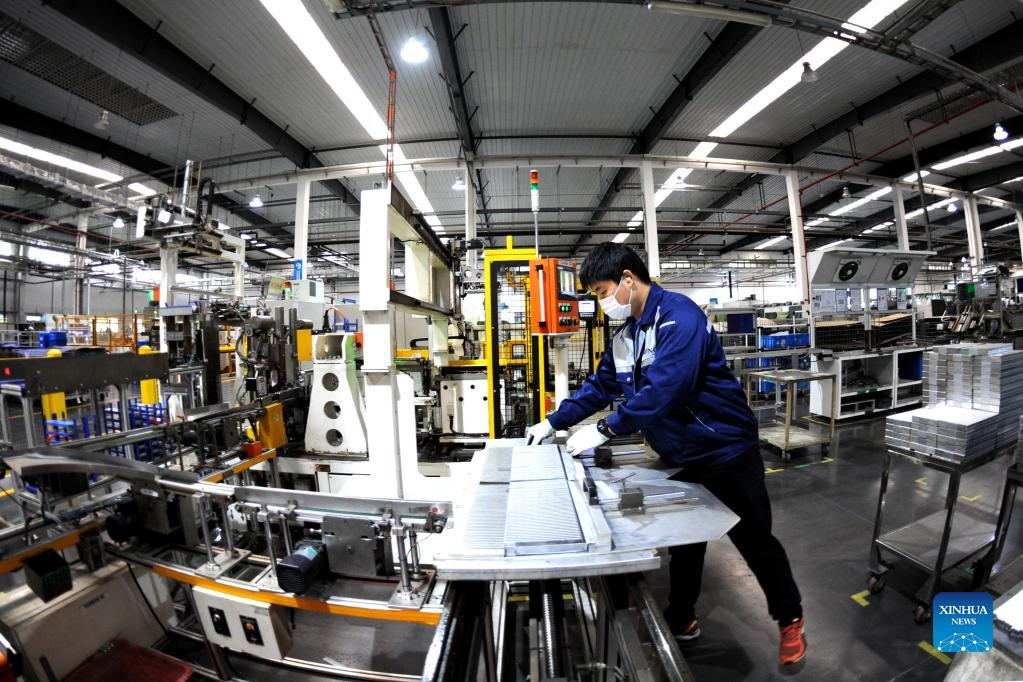Key efforts to stabilize economy


China's efforts to boost consumer spending, its effective investment and the measures taken so far to stabilize industrial and supply chains will all lend solidity to the macroeconomy amid headwinds like the resurgence of COVID-19 and external uncertainties, industry experts said on Tuesday.
They reviewed announcements made after a recent State Council executive meeting that China will roll out a package of measures to stabilize economic performance. The package will be part of efforts to get the economy back on a normal track and keep major economic indicators within an appropriate range.
Car purchase restrictions will be relaxed, and there will be a phased reduction of purchase tax totaling 60 billion yuan ($9 billion) on some passenger vehicles, the meeting stated.
A number of infrastructure projects will get off the ground, including water conservancy facilities, especially large-scale irrigation facilities, transportation facilities, renovation of old residential communities and multipurpose utility tunnels, it said.
Chinese mainland carmakers saw their share prices surge dramatically on the Hong Kong stock exchange on Tuesday. Shares of Great Wall Motors jumped 5.08 percent to close at HK$12.4 ($1.9), while Geely Auto rose 3.52 percent to end at HK$14.1.
Sales of automobiles account for about 10 percent in China's overall consumption market, and the resurgent COVID-19 cases in major car-producing cities like Changchun, Jilin province, and Shanghai have weighed on the country's automobile industrial chain, said Fu Yifu, a senior researcher from the Star Atlas Institute of Finance.
"The latest move to reduce the purchase tax on passenger vehicles is conducive to stimulating consumers' purchasing willingness and accelerating the resumption of production and operations of the automobile sector," Fu said.
Cheng Qiang, chief macroeconomic analyst at CITIC Securities, said the nation attaches great importance to strengthening infrastructure construction, which plays a vital role in stabilizing the economic growth, and the revved-up steps to issue special-purpose bonds by local governments are expected to support the financing of infrastructure projects.
Cheng said he believes there is huge room for bolstering the urban renewal projects, which not only include the renovation of old residential communities in cities, but also the renewal and upgrade of green, intelligent and internet-connected residential buildings.
The meeting also stressed efforts to stabilize industrial and supply chains. The policies to enable early reopening of enterprises and their full-capacity production will be fine-tuned, and the services for white-listed enterprises will be improved. Moreover, domestic and international passenger flights will be increased in a well-paced manner.
It is necessary to take solid measures to ensure smooth industrial and supply chains and strengthen the supply of key raw materials and components in a targeted manner, considering the disruptions to logistics caused by the recent COVID-19 outbreak, said Liu Xiangdong, a researcher at the China Center for International Economic Exchanges.
The country has established a "white list" system for key industries to resume operations and strengthen coordination among ministries and provinces and across regions.




































